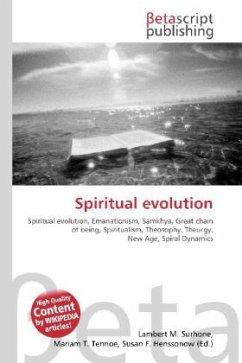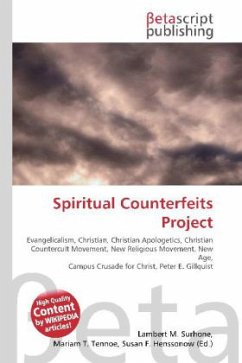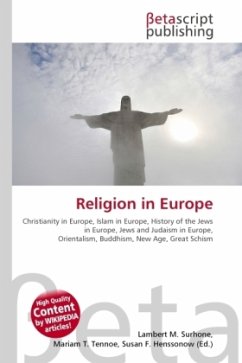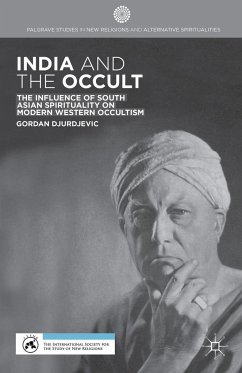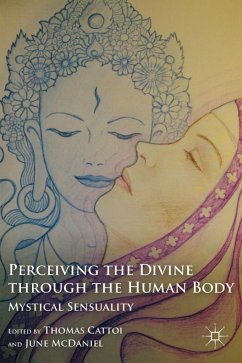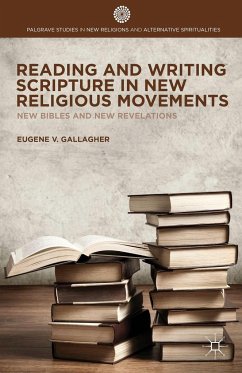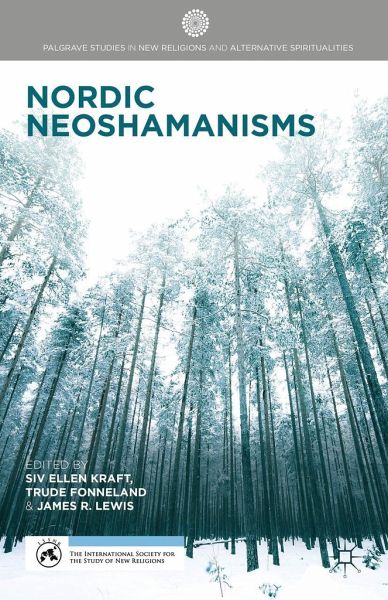
Nordic Neoshamanisms

PAYBACK Punkte
31 °P sammeln!
This book proposes that the drive for religiosity and experiences of the sacred are far from lost in contemporary western societies. The contributors' objective is to explore the myriad of ways late modern shamanism is becoming more vital and personally significant to people, communities, and economies in Nordic countries.





